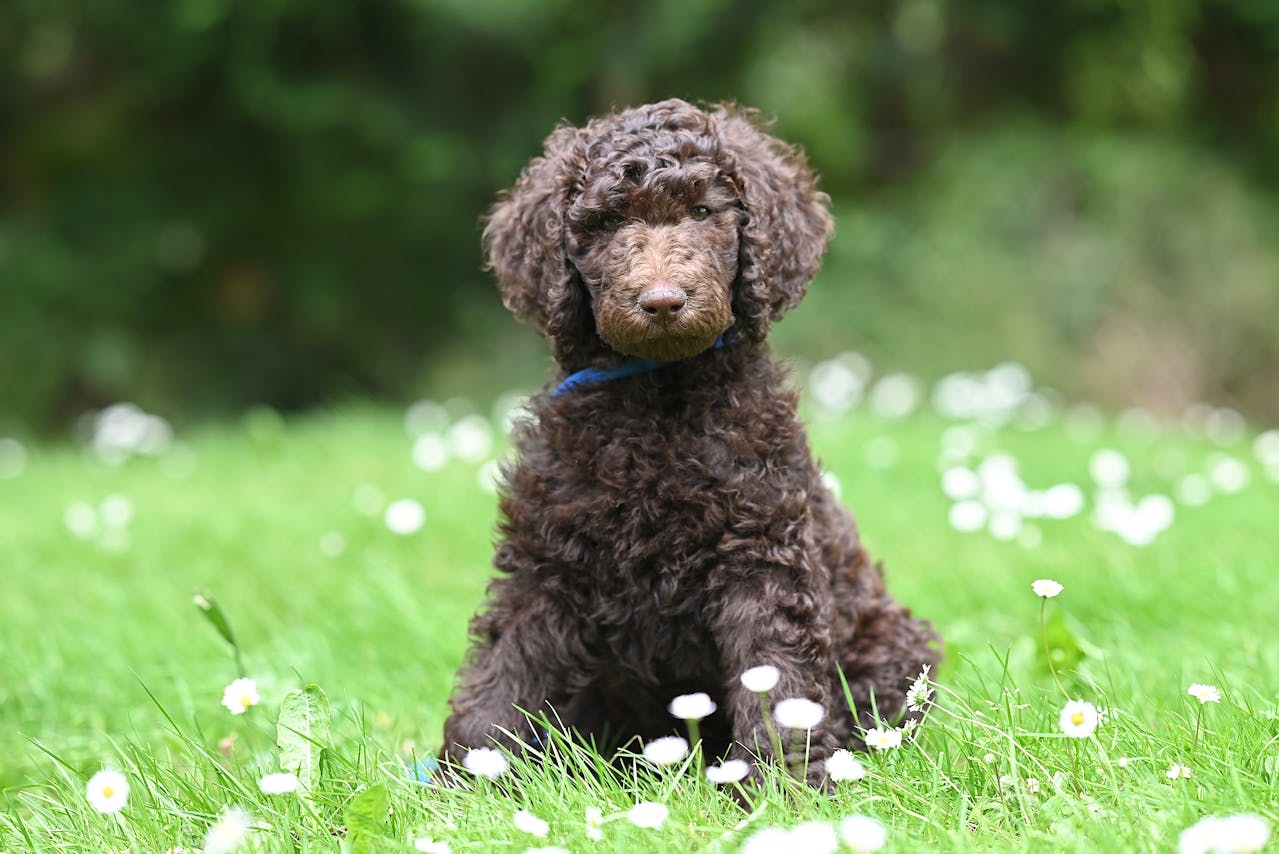Although a flourishing garden and a lush, green lawn are lovely, they can also be harmful to pets. Numerous insecticides, fertilizers, and herbicides contain hazardous compounds that can injure cats and dogs if they consume them or absorb them via their paws. Long-term health problems, skin irritation, or poisoning can result from even seemingly innocuous therapies. Understanding the dangers and making thoughtful decisions when managing your outdoor area are essential to keeping your pet safe. Pet health is our top priority at Alpenlofts Veterinary Hospital, and we would like to assist you in making your home pet-friendly. These ten crucial pointers can help you protect your pets from dangerous chemicals used in your lawn and garden.
1. Steer clear of fertilizers based on chemicals
Pets may be poisoned by the high levels of potassium, phosphorus, and nitrogen found in many fertilizers. Vomiting, diarrhoea, and even organ damage can result from fertilizer ingestion. Instead, use compost or pet-friendly, organic fertilizers. Pets should not be allowed near treated areas while using conventional fertilizers until the product has completely absorbed.
2. Refuse Cocoa Mulch
Theobromine, the same toxin present in chocolate, is present in cocoa mulch, which is formed from cocoa bean shells. Dogs who consume even tiny amounts may get cardiac issues, vomiting, or convulsions. To maintain your garden safe for your pets, use pet-friendly substitutes like rubber mulch, pine, or cedar.
3. Use Herbicides with Caution
If pets come into contact with treated grass or plants, weed killers can be hazardous to them. Lethargy, vomiting, and drooling are signs of pesticide poisoning. Follow the directions on the package at all times, keep pets off the lawn until the substance has dried, and wash their paws if they become exposed.
4. Opt for Natural Pest Management Techniques
Pets exposed to chemical pesticides and insecticides may experience severe health issues, such as respiratory distress and neurological damage. To keep pests away without compromising your pet’s health, try pet-safe substitutes like neem oil, diatomaceous earth, or helpful insects like ladybugs and praying mantises.
5. Safely Store Chemicals
Because they are inherently inquisitive, pets may gnaw or sniff chemical containers if they are left around. To avoid unintentional exposure or ingestion, fertilizers, pesticides, and herbicides should always be kept in sealed containers on high shelves or locked cabinets.
6. Clean Paws After Spending Time Outside
Your pet could come into contact with chemical residues from public parks, neighbouring lawns, or sidewalks even if you don’t use them in your own yard. Before your pet licks their paws after a walk or outside play, wipe their paws with a moist cloth to get rid of any possible poisons.
7. Apply Lawn Treatments Safe for Pets
Despite their claims about safety, a lot of lawn care solutions contain substances that can irritate your pet’s skin or digestive tract. Seek out pet-friendly or organic lawn care products, such vinegar-based weed control solutions or corn gluten meal for weed prevention.
8. Don’t Bring Pets While Applying
Pets should be kept indoors while you apply any kind of lawn care. Even natural products have the potential to irritate mildly. Pets should not be allowed to roam freely in treated areas until the sprays have dried and the powders have settled.
9. Keep an eye out for poisoning symptoms
Breathing difficulties, tremors, convulsions, vomiting, diarrhoea, and drooling are all signs of chemical poisoning in pets. See a veterinarian right away if your pet exhibits any strange behaviour after being in the yard. Serious consequences can be avoided with early management.
10. Frequently Rinse Outdoor Water Bowls
Rain, sprinklers, and airborne particles can all contribute to the buildup of garden pesticides in outdoor water bowls. To keep your pet from consuming any dangerous materials, change the water every day and clean the bowl frequently. When playing outside, always make sure there is clean, fresh water available.
Your pet’s health shouldn’t be sacrificed for a gorgeous yard and grass. You can guarantee a safe outdoor environment for everybody by using pet-friendly products, being aware of chemical exposure, and taking preventative measures to safeguard your furry pals. See a veterinarian right away if you think your pet has been exposed to dangerous chemicals. We at Alpenlofts Veterinary Hospital are available to assist you. For professional advice and emergency care, contact us at +1 (604) 815-0057 or stop by our location on Tantalus Road in Squamish, British Columbia. The safety of your pet is our first concern!


